Dental implantation "in sleep" under sedation

specialists

equipment

treatment
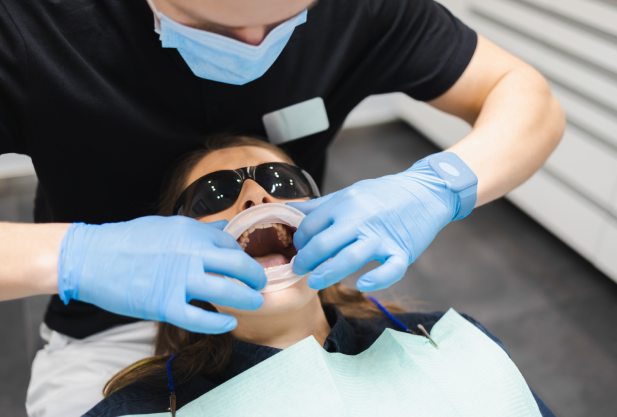
Dental implantation usually involves using a local anesthetic and drug anesthesia to put the patient into a state of light sleep. It is important to distinguish between drug-induced sleep and general anesthesia: in the first case, the patient relaxes slightly, maintaining consciousness and reflexes. Unlike general anesthesia, dental implantation under sedation is safe, since it does not cause headaches, nausea, breathing problems, panic attacks, and tachycardia.
In our medical center, implantation is performed only by qualified implantologists and maxillofacial surgeons who are well versed in the technique of working under sedation.

Sedation during dental implantation is necessary in the following cases:
- Installation of up to eight implants in one visit
- Complex surgical interventions, including bone grafting, sinus lift and other procedures
- Low pain threshold
- Severe stomatophobia
- Intolerance to local anesthetics
With a pronounced gag reflex, implantation is significantly complicated. In this case, the doctor uses drugs to reduce the reflex, chooses more gentle sedation methods, or performs implantation under short general anesthesia.
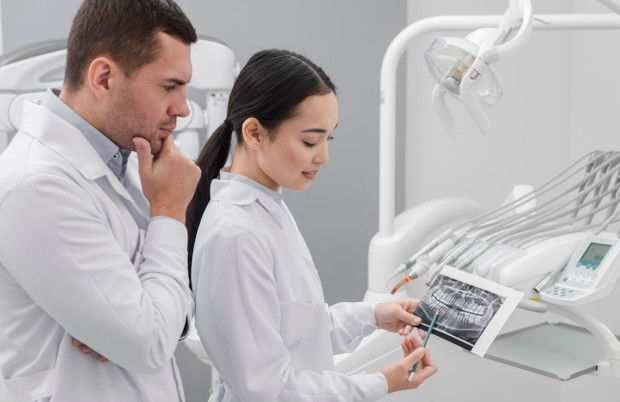
Dental implantation with sedation is not performed if the following restrictions are present:
- Breathing problems
- Bronchial asthma
- Concussion, traumatic brain injury, disorders of the central nervous system
- Heart attack that occurred less than six months ago
- Epilepsy and other mental illnesses
- Allergic reaction to sedatives
- Severe kidney or liver pathologies
- Age under three years
In addition, dental implantation under sedation is contraindicated during pregnancy and breastfeeding. The intervention is not performed on patients with endocrine system diseases.
General information about the procedure
Answers to popular questions
The center's implantologists answered the most popular questions about dental implantation in sleep.
Can I drive a car after dental implantation under sedation?
Can I have treatment under sleep if I have epilepsy?
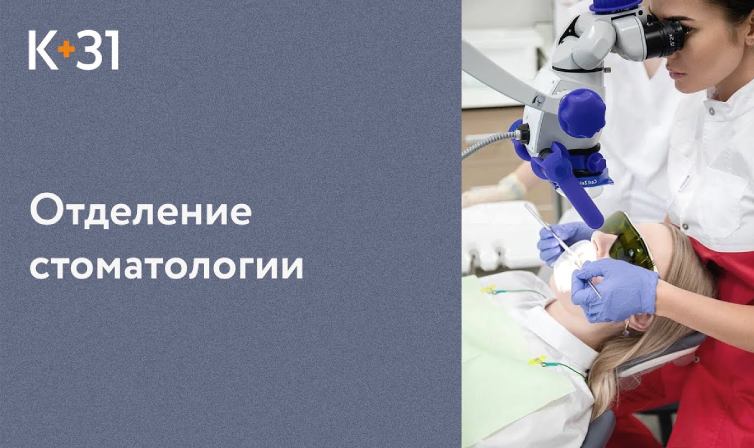
Modern methods of diagnostics and dental treatment at "K+31"
Our doctors

This award is given to clinics with the highest ratings according to user ratings, a large number of requests from this site, and in the absence of critical violations.

This award is given to clinics with the highest ratings according to user ratings. It means that the place is known, loved, and definitely worth visiting.

The ProDoctors portal collected 500 thousand reviews, compiled a rating of doctors based on them and awarded the best. We are proud that our doctors are among those awarded.
Make an appointment at a convenient time on the nearest date
Price
Other Services







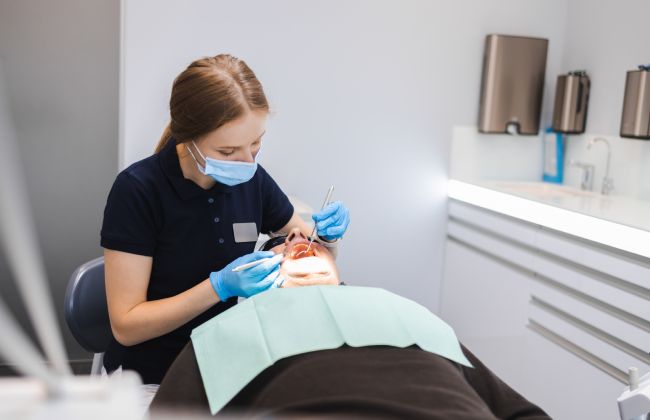
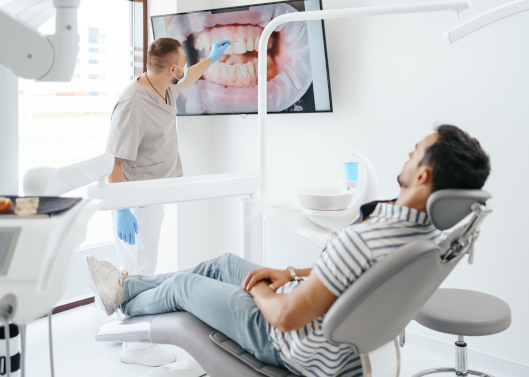
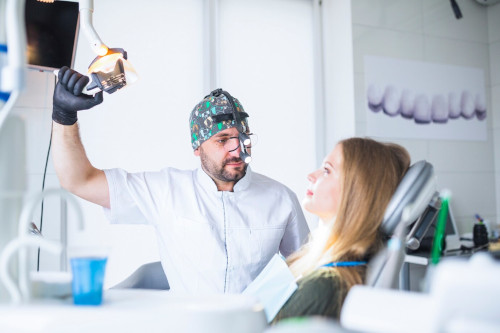


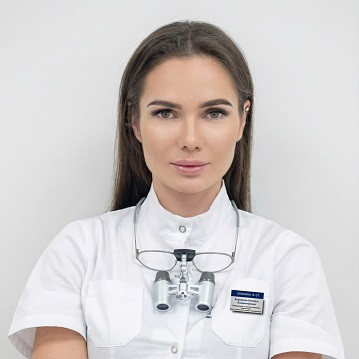
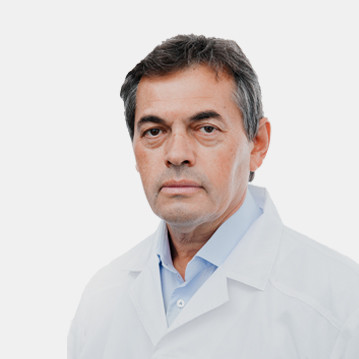
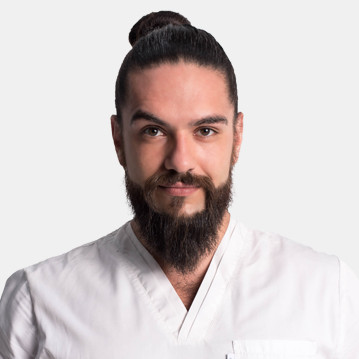
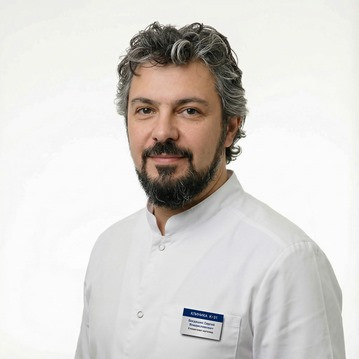
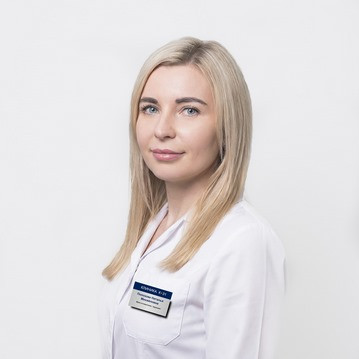
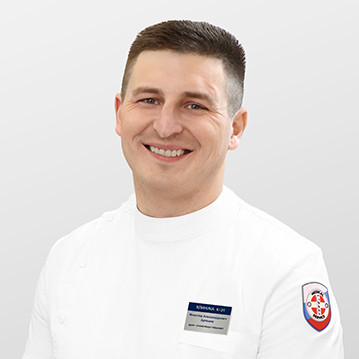
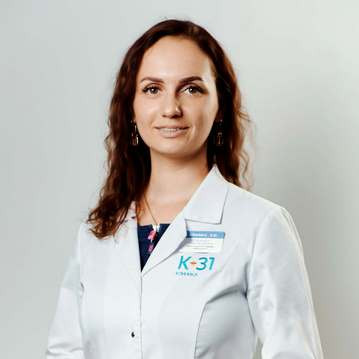
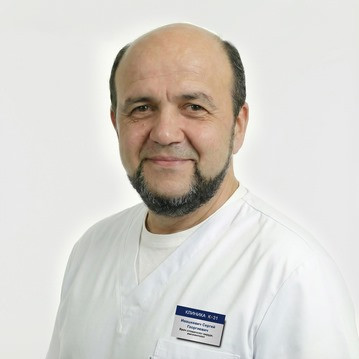
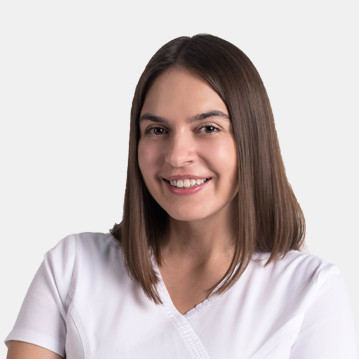
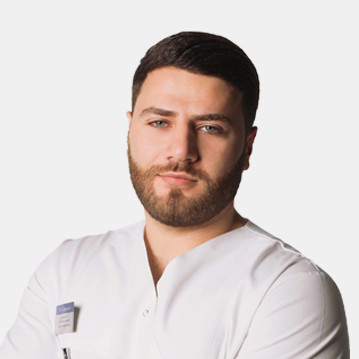
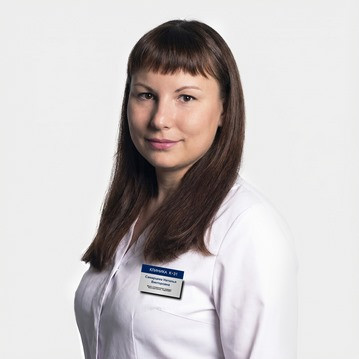

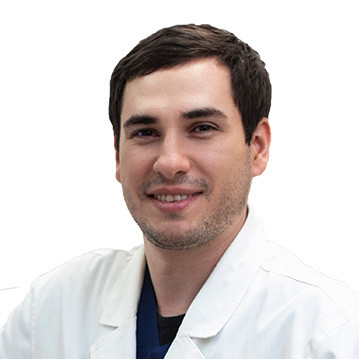

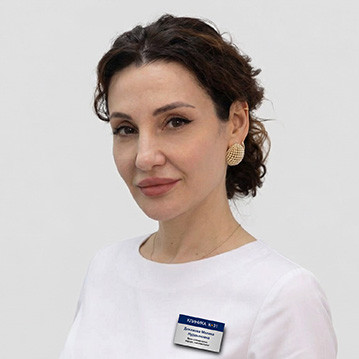
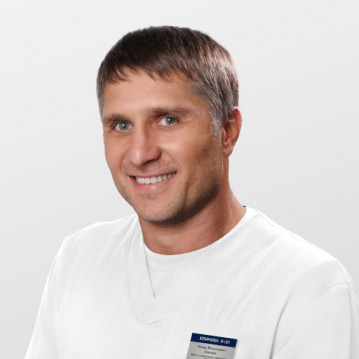
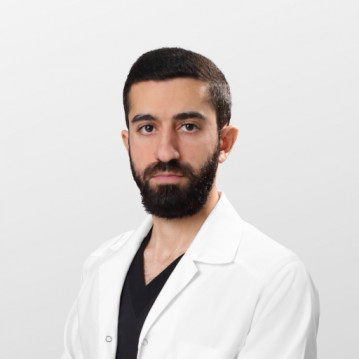
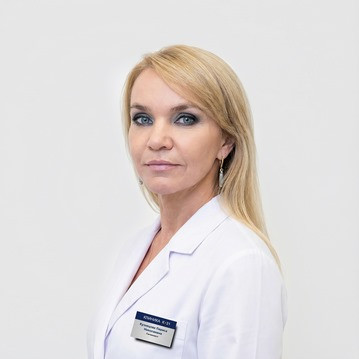

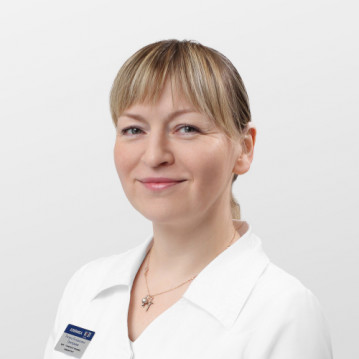

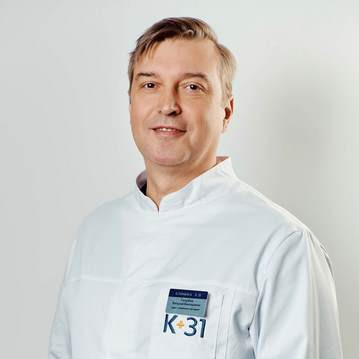

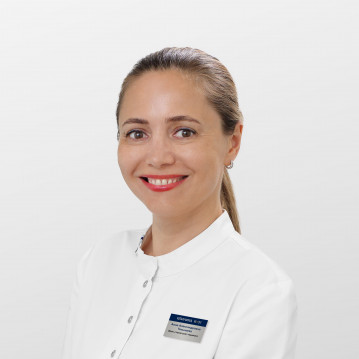

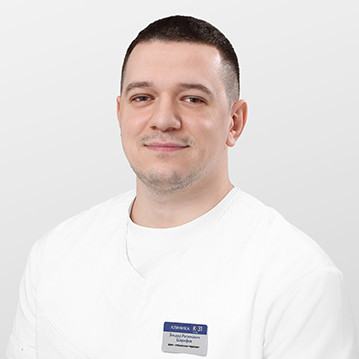
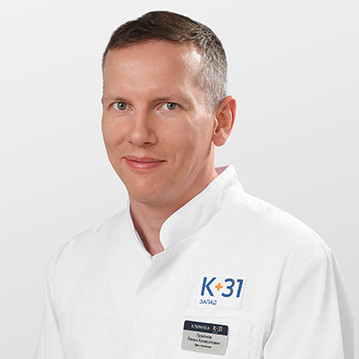
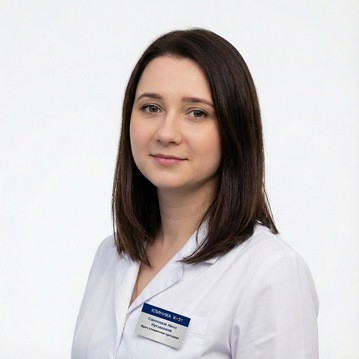



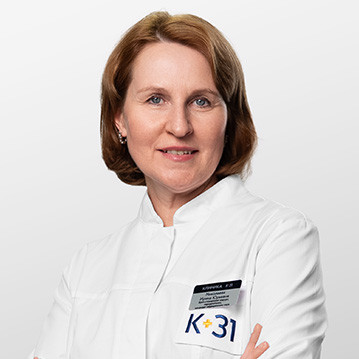
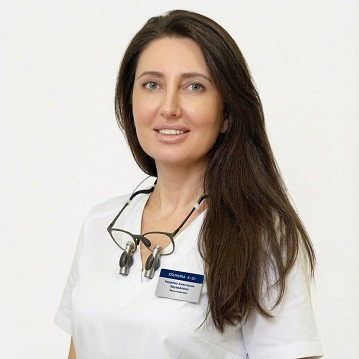
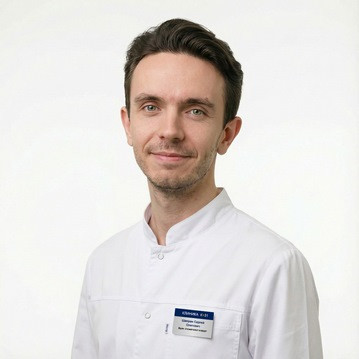

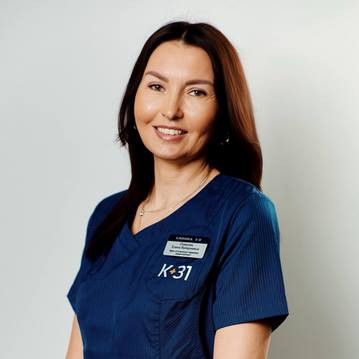

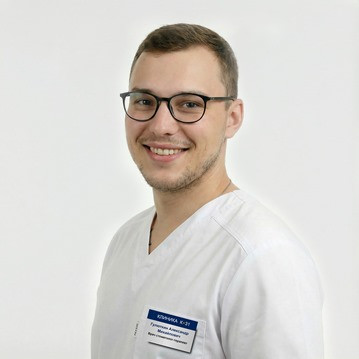




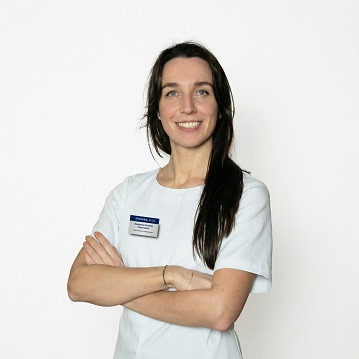








What is sleep therapy?